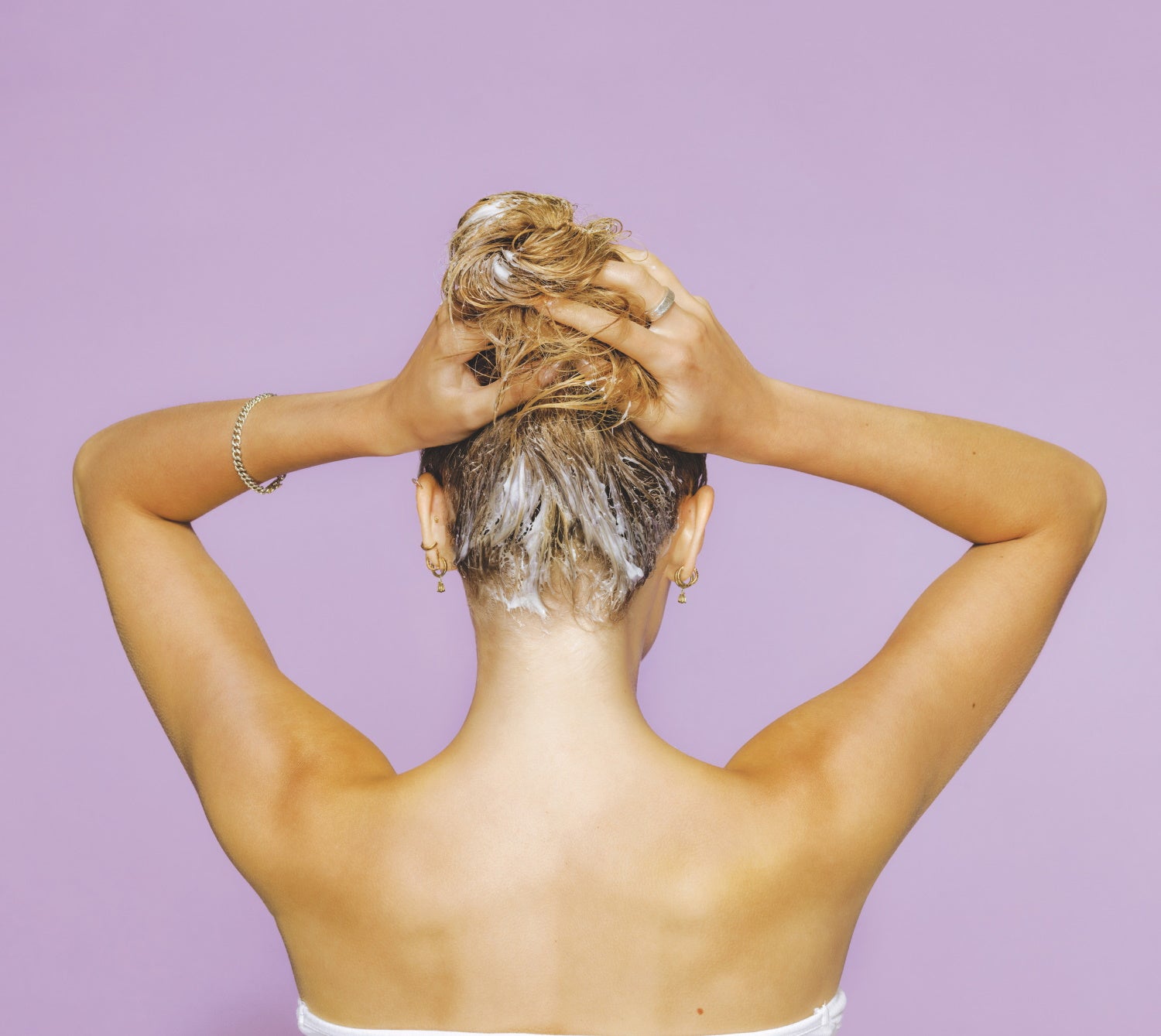We may think of hair types in terms of length, such as short hair and long hair, or in terms of moisture content, such as dry hair or oily hair, but we seldom think of hair in terms of fullness, such as thick hair or thin hair. The thickness of our hair is just as important as how long or dry our hair is in terms of developing a proper hair care routine, and it is incredibly important to have your hair’s thickness in mind when deciding how to care for it.
While thick, full-bodied hair is about the most envied hair types imaginable, those with thin hair tend to find their specific hair type to be quite frustrating to work with. Thin hair lacks the fullness and body of thin hair and can be much more difficult to style and maintain. Thankfully, we have all your thin hair concerns and questions covered! Read below to learn more about thin hair and we can give you the best tips and advice on how to make the most of this hair type and maintain it.
The difficulties of thin hair
Thin hair, as described by the name, is hair that is thinner in diameter than the average hair strand. Due to its thin size, this hair type is lighter than thicker hair, making it much more susceptible to frizz and flyaways. Additionally, thin hair looks less full and voluminous than thicker hair types, making it much more difficult to style and manipulate. Additionally, thin hair can easily become more greasy and oily due to its smaller surface area, which can lead to the hair becoming stringy and easily mangled if not properly maintained. Lastly, thin hair is much more easily broken than thicker hair due to the weaker structural makeup of thin hair types.
How to care for thin hair
When dealing with thin hair, one thing you may need to start with immediately is assessing your own internal health. Many health issues can lead to hair thinning and weakening, such as a variety of illnesses and/or mineral or vitamin deficiencies. Make sure you consult your doctor to make sure you aren’t suffering from any internal issues that may be causing your thin hair.
After addressing your internal health, you need to look for products like conditioners and leave in serums that help to volumize the hair while providing it with vitamins and minerals like biotin and keratin that help boost the overall hair structure. Products that contain ingredients like polymers can help to bind the hair and create the appearance of fuller, thicker hair, while other ingredients like humectants can help to swell the hair strand and make it more fuller and full bodied.
Lastly, look to use a clarifying shampoo or detoxifying scalp product to keep the scalp and hair strands clean and free of excess oil and sebum. Removing this excess oil and sebum will help to give your hair more body and volume while preventing blockage at the hair follicle to boost hair growth.
How to Take Care of Thin Hair


